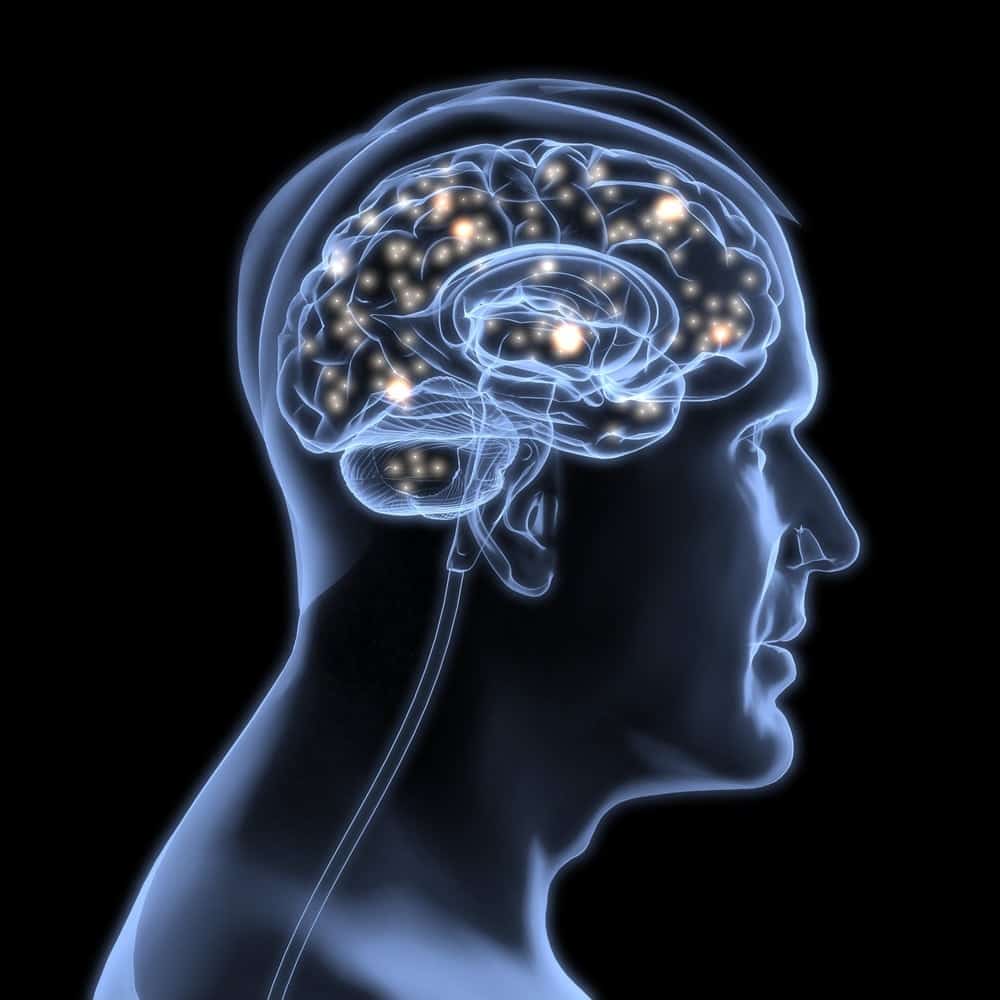Concussion Injury Mechanism
New research on what causes a concussion injury has been conducted that examines how the neuron’s axon is affected by blows to the head. This research examines how a blow to the head causes swelling along the axon of the neuron. These new findings could help researchers to improve symptoms in patients with concussions.

A sudden trauma such as when the head hits a hard surface or when an object pierces through the skull is called a Traumatic Brain Injury or TBI and is also known as a concussion.
Back in 2013, TBI injuries accounted for 2.5 million visits to the ER and 56,000 deaths according to the Centers for Disease Control and Prevention.
The new study was published in the Journal of Cell Biology and conducted by a team of scientists from the Ohio State University in Columbus.
The first author of the study was Chen Gu. Gu and his colleagues found that they could induce swelling in the neurons of the hippocampus, the brain region responsible for creating and storing memories.
In a concussion injury, axons develop small, bead-like swellings along their length much like the neurodegenerations that occur in Alzheimer’s and Parkinson’s disease patients.
Gu and his team repeatedly induced axonal varicosities (the swellings) imitating the effects of repetitive blows to the head. They compared these to swelling they had induced in mice.
They discovered that a protein called TRPV4, a channel protein found more abundantly in the membrane of the neuronal axons is activated when the “puffing” occurs.
They managed to inhibit this channel and consequently block the formation of additional swelling along the axons.
The researchers were able to identify more precisely the mechanism responsible for swelling formation.
They could see that older neurons have lower amounts of the protein TRPV4 and higher levels of a protein called STOP which disrupts the transport of cellular materials along the axons.
This study is showing that blows to the head activate a protein and the younger neurons react differently than the older neurons.
This process may, therefore, play a key role in neural development and central nervous system function in adults, as well as in chronic brain disorders and various acute brain injuries.” Says Gu.
Contact Us
If you believe you have suffered a brain injury, call the brain injury lawyers at the Traub Law Office, P.C. today at (512) 246-9191 or fill in the form.

